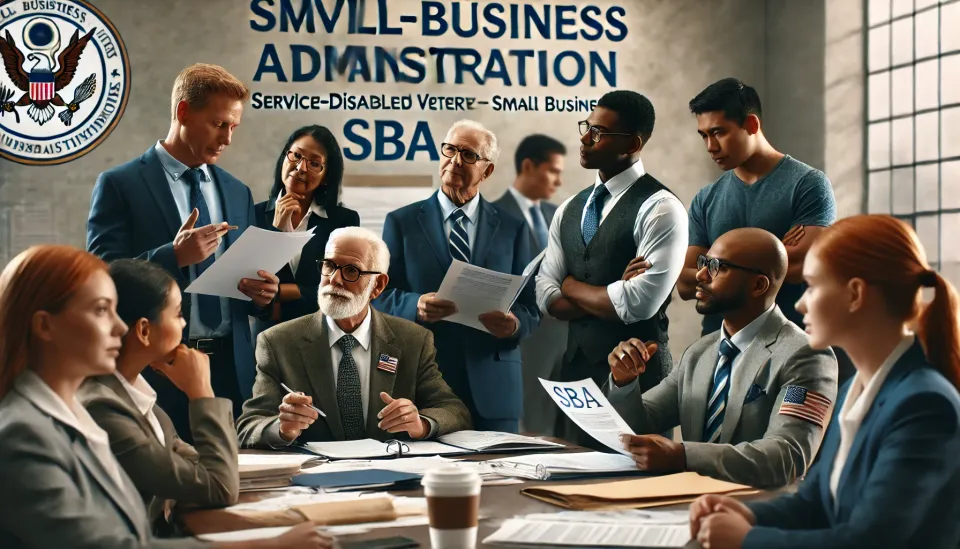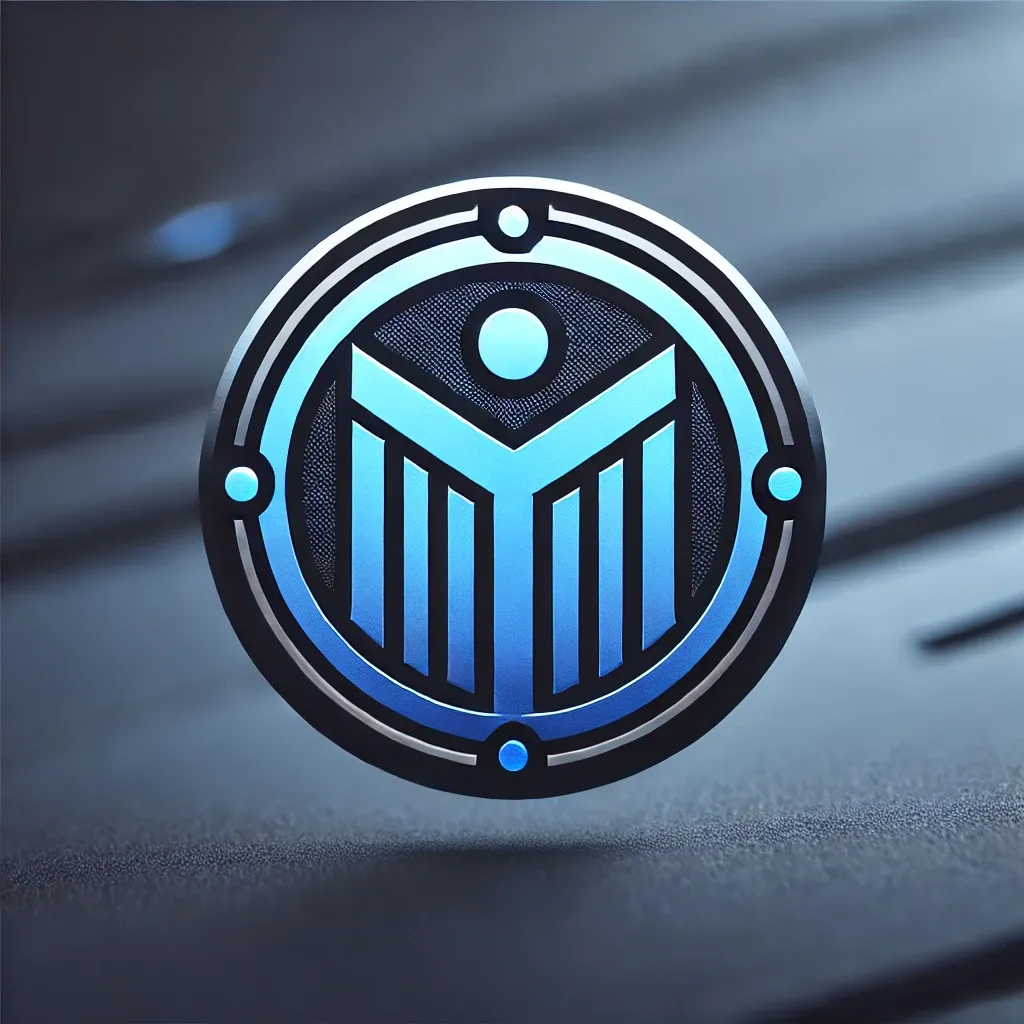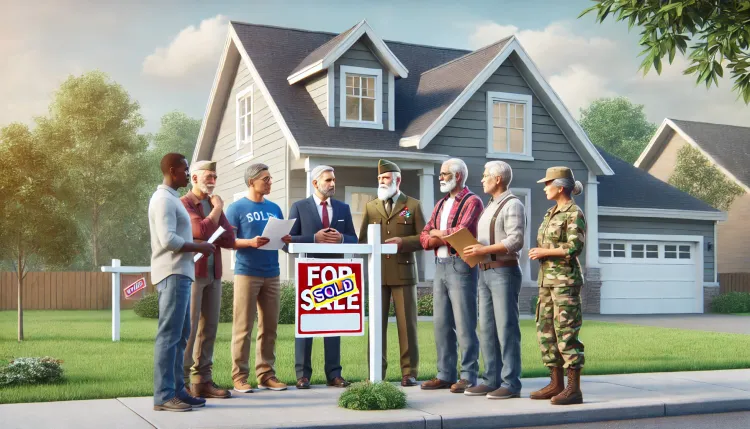SDVOSB Certification Moves to SBA: What It Means

Effective August 5, 2024, the Small Business Administration (SBA) is revising its regulations to implement a provision in the National Defense Authorization Act for Fiscal Year 2024 (NDAA 2024), which eliminates self-certification for service-disabled veteran-owned small businesses that are awarded Federal Government contracts or subcontracts that count towards agency or subcontracting goals.
“This rule also corrects the existing text to remove ‘certified’ from ‘certified small business concerns owned and controlled by socially and economically disadvantaged individuals.’ The Small Disadvantaged Businesses designation is self-certification and ‘certified’ was included in error.” – SBA.
In other words, think “stolen valor” for those not familiar with the contracting world—the SBA is going to fix the issue. Some folks have been claiming to be SDVOSB—and scoring massive government contracts—when in reality they aren’t.
Service-Disabled Veteran-Owned Small Businesses will have to formally go through the SBA to become SDVOSB certified, a process which the SBA estimates to be about two hours for each application.
The added benefit of this proposed rule (which folks have until July 8, 2024, to send in a comment via www.regulations.gov - RIN 3245-AI10 or Docket No. SBA-2024-0003) is that the burden of certification is removed from the contracting officer and placed back in the hands of the SBA—making the process fairer for everyone, to include the U.S. Taxpayer.
The SBA should not be in the business of approving and denying SDVOSB certifications because (1) the SBA, like most federal agencies, is slow, arduous, and works against itself, and (2) there are already criminal and civil penalties in place for the bad actors who choose to self-certify as a SDVOSB when in fact they are not. In other words, this is a cultural issue, not a regulatory issue.
There will always be bad apples to ruin it for everyone else. But here’s the assumption that the SBA is not taking into account: the SBA will timely and accurately process the SDVOSB applications—this is a horrible assumption.
What happens to the small, perfectly capable business that could win a SDVOSB set-aside award when their application gets stuck in limbo and the lucrative opportunity passes them by? Who compensates that individual for the SBA’s delay? No one; they’re out of luck. This is a problem.





Member discussion